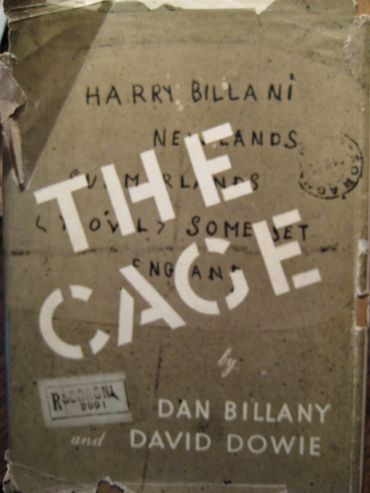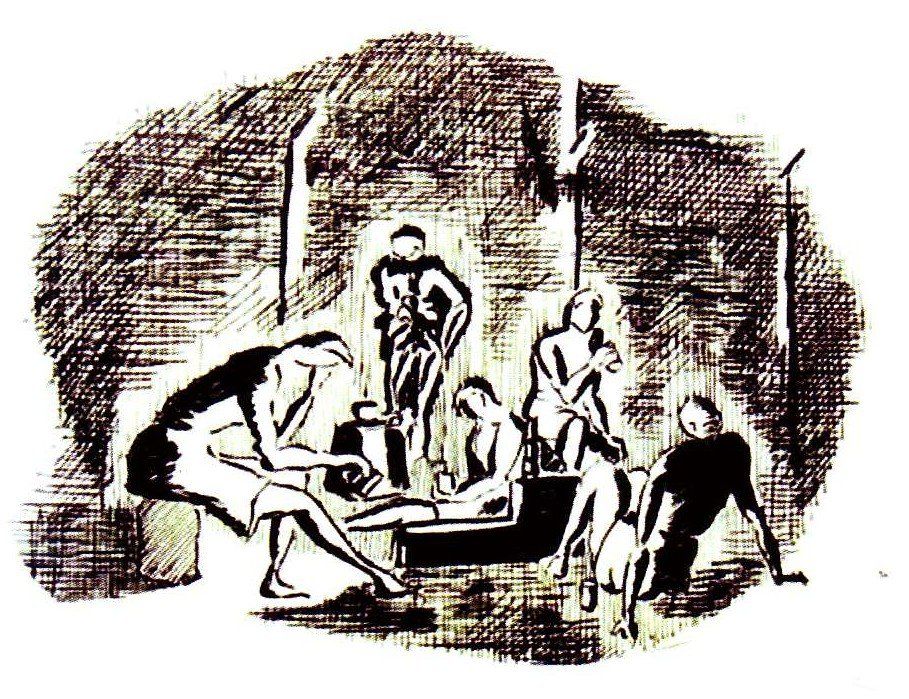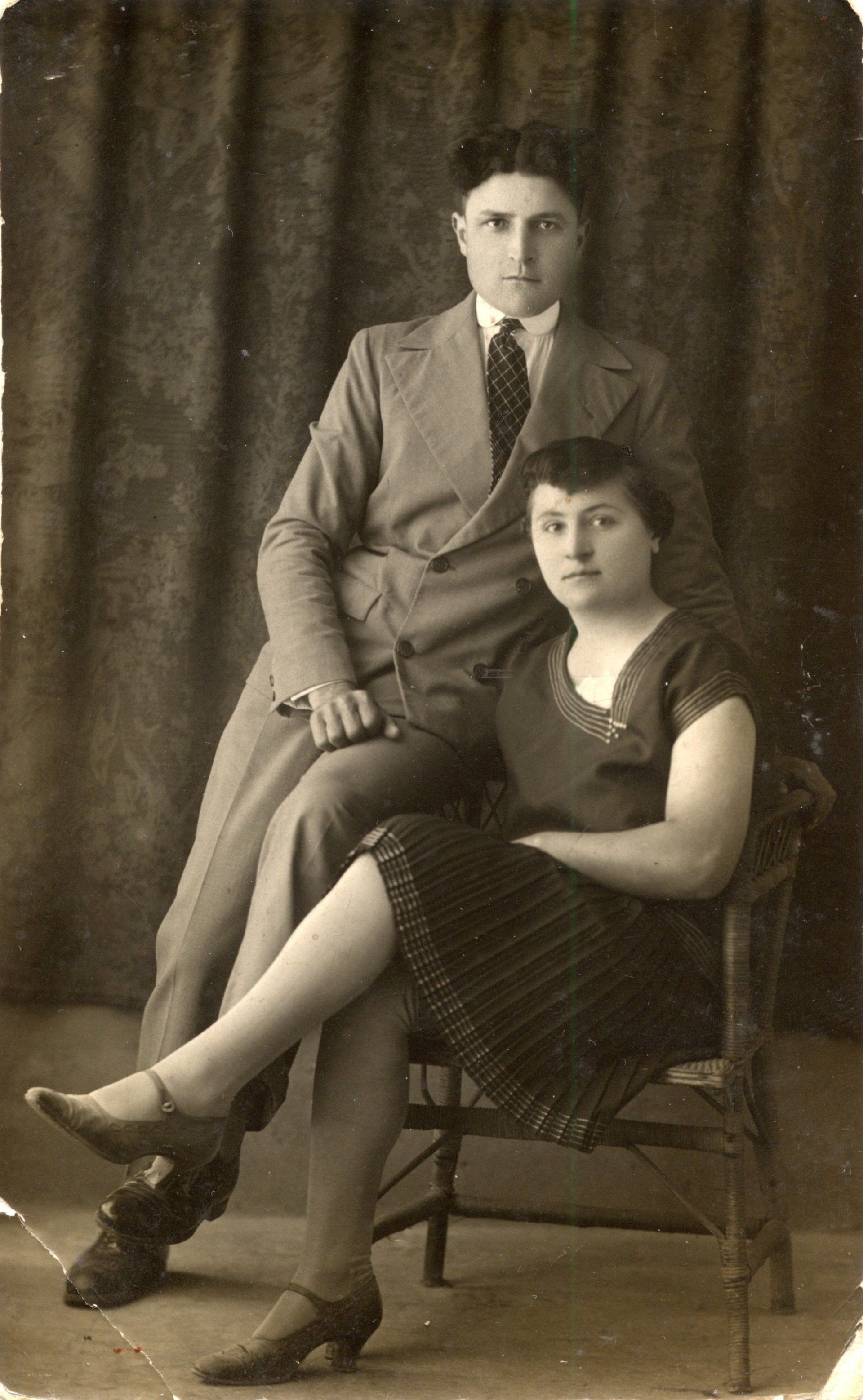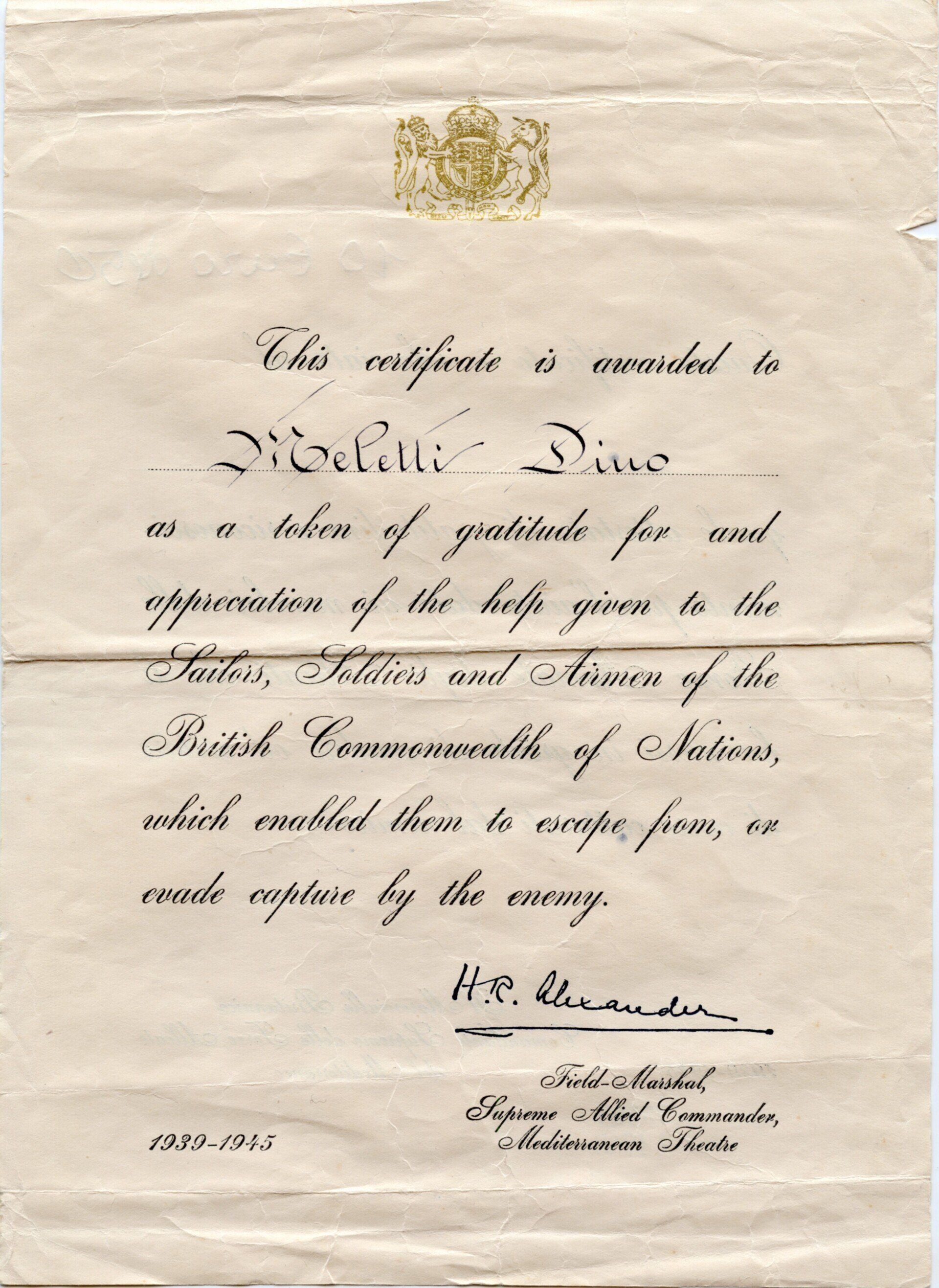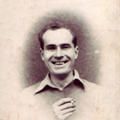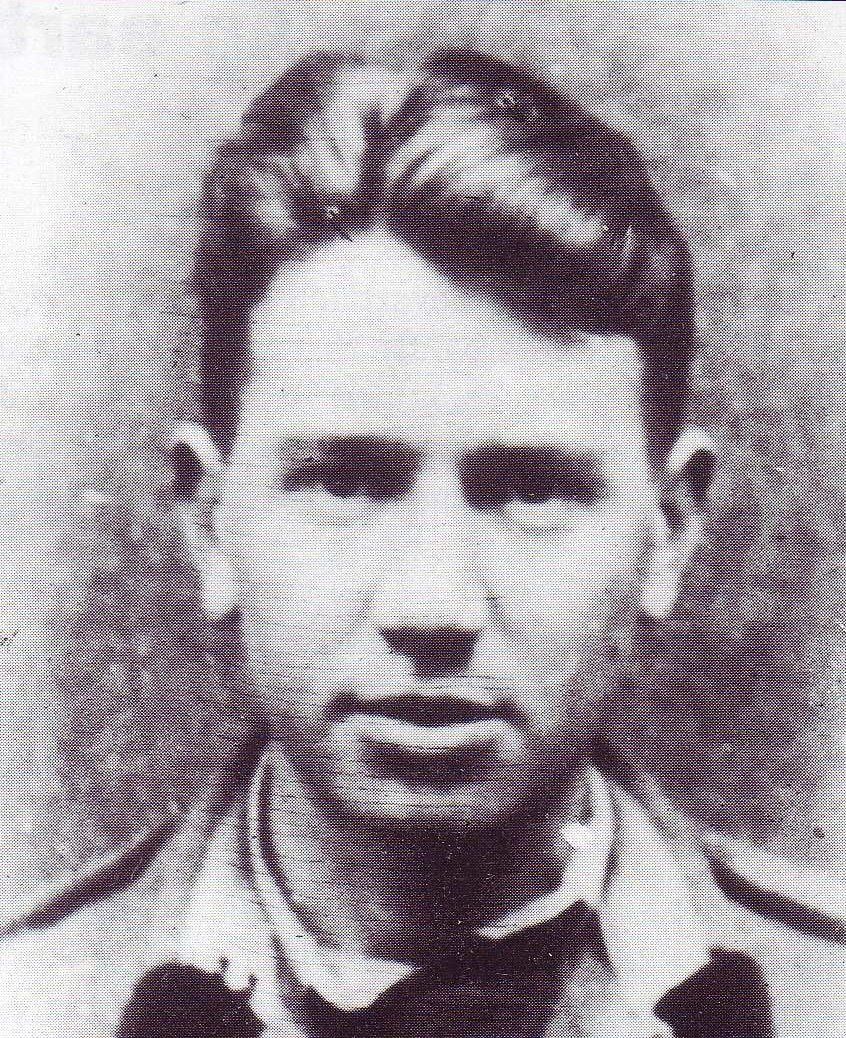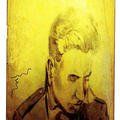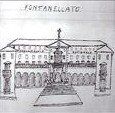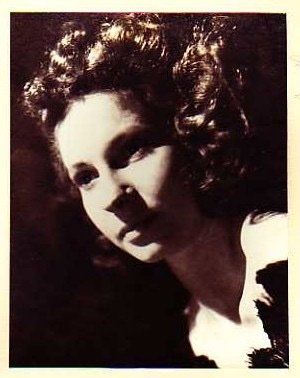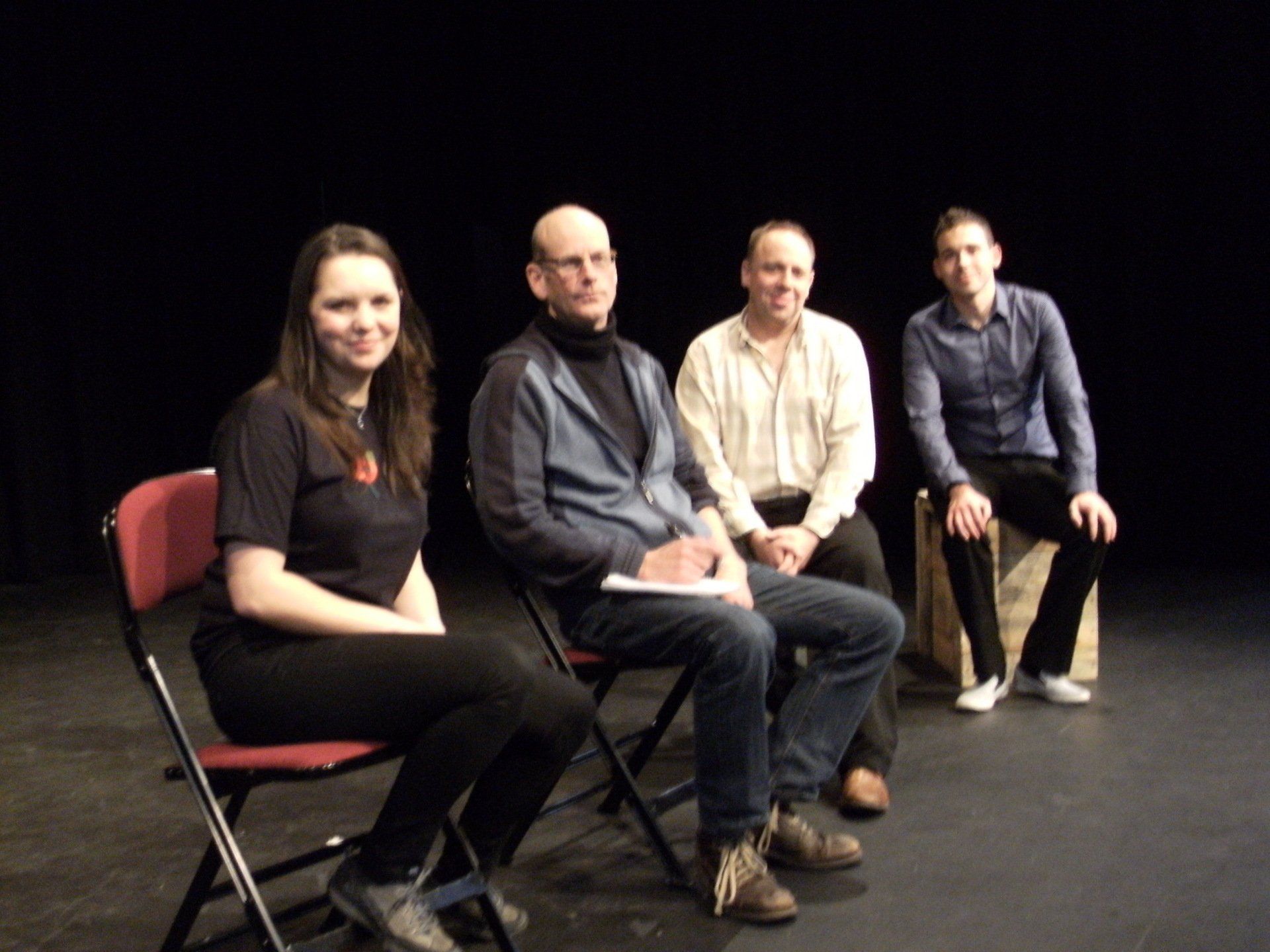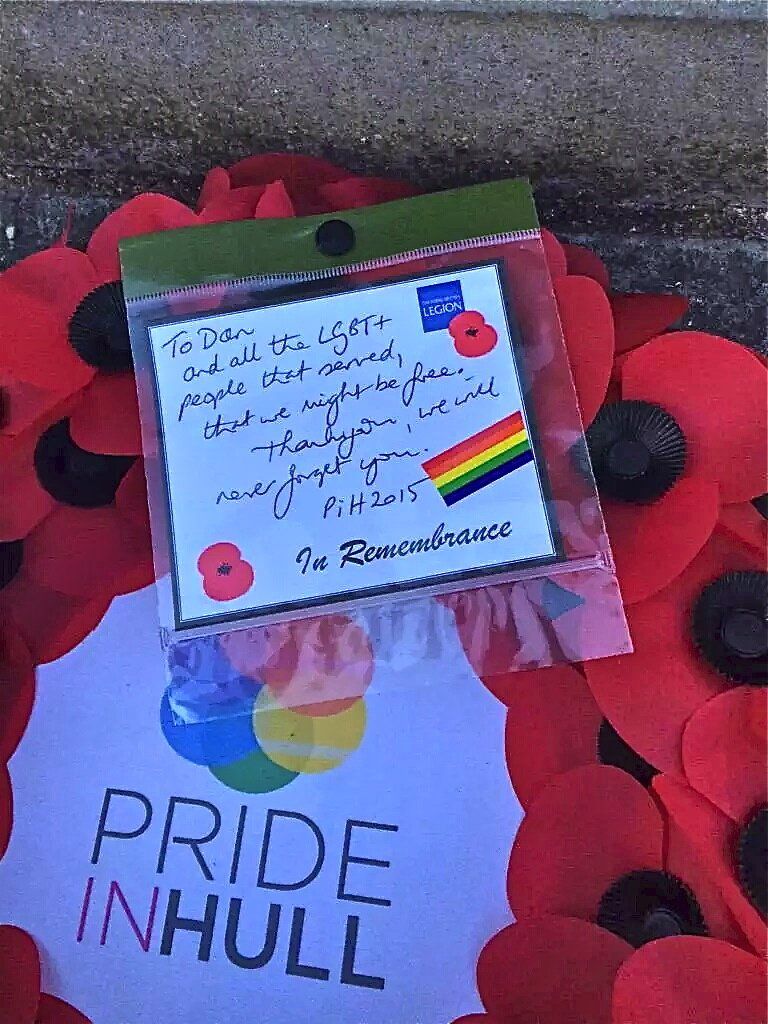Tom Carver’s new book, Where the Hell Have You Been?, describes how his father, Field Marshal Montgomery’s stepson, escaped from an Italian prison camp in 1943. One of the most touching episodes describes the relationship between two PoWs, Dan Billany and David Dowie, who also escaped, entrusted a handwritten manuscript to an Italian farmer and were never seen again. The document was sent to Billany’s parents after the war. It was, writes Carver, “the only known account of a gay love affair in a Second World War British PoW camp”.
At the time of the Second World War, under British law homosexuality was illegal and was even more heavily demonised within the army since it was widely believed to sap the fighting spirit. In The Cage; with Fontanellato PoW camp as a backdrop, Dan Billany and David Dowie describe an unrequited love that 'Alan' feels for the more glamorous 'David' . . .
Every evening Alan stands in the bar leaning over the balustrade watching David playing cards below:
"Looking down into the hall from the balcony I can see the table, the four heads, the cards, and a glass of vino by each hand. Quietness, steadiness, mutual understanding. Cigarette smoke floating. Interest and humour on their faces, looking at their cards and each other. The lamp-light on his golden brown hair. Heedless. Touch his hair with the invisible shaft of my glance. The only contact. Back now and lie flat on my bed, beside his empty bed. Press my locked hands tight over my eyes. But I can't shut my thoughts out. . ."
